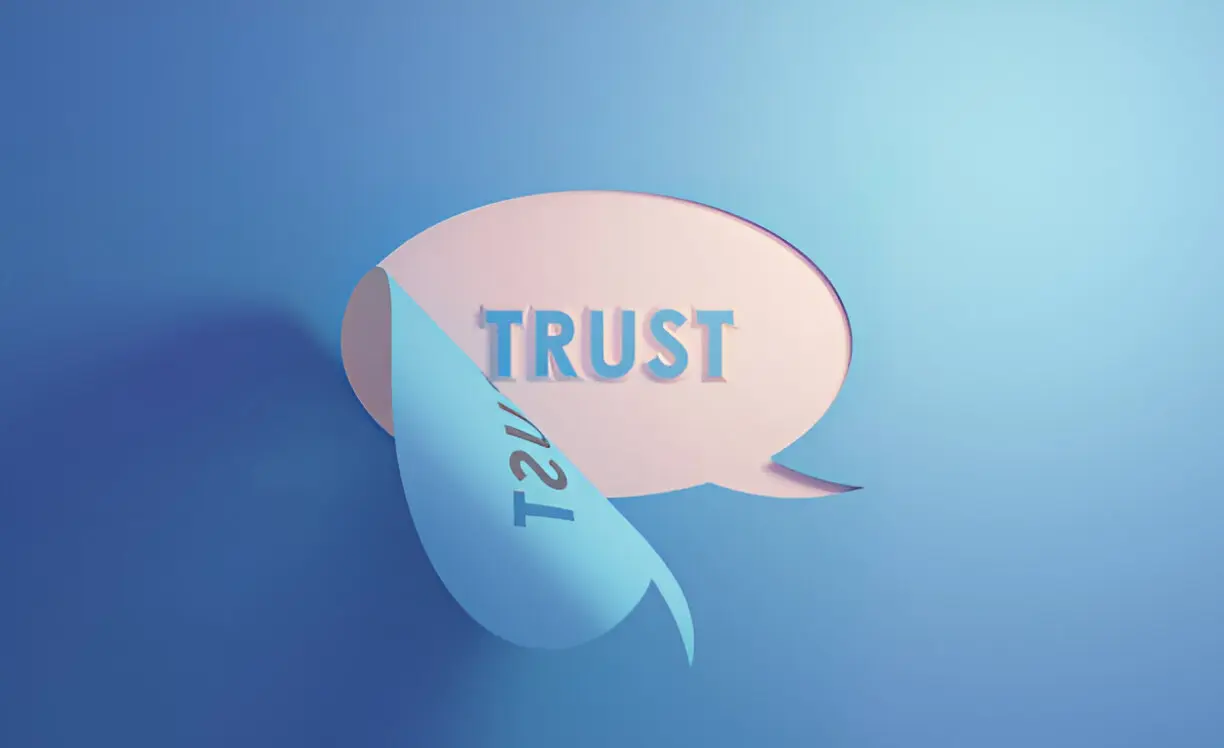Have you ever noticed how some people command attention the moment they speak? Their words carry weight, their message resonates, and people naturally listen. The secret isn’t necessarily what they say—it’s how clearly they say it.
Clear speech serves as the foundation for building trust and earning respect in every aspect of life. Whether you’re presenting to colleagues, speaking with clients, or having important conversations with family members, the clarity of your communication directly impacts how others perceive your competence, reliability, and authority.
When we speak clearly, we demonstrate respect for our audience’s time and intelligence. We show that we’ve thought carefully about our message and care enough to deliver it effectively. This consideration doesn’t go unnoticed—it builds the foundation for stronger relationships and greater influence.
The Psychology Behind Clear Communication
Clear speech triggers specific psychological responses in listeners that naturally build trust. When someone speaks with precision and confidence, their audience experiences less cognitive load trying to decode the message. This mental ease creates a positive association with the speaker.
Research shows that people who articulate their thoughts clearly are perceived as more intelligent, organized, and trustworthy. Listeners subconsciously associate unclear speech with unclear thinking, which can undermine credibility before the conversation even begins.
The brain processes clear, well-structured speech more efficiently, allowing the audience to focus on the content rather than struggling to understand the delivery. This cognitive comfort creates space for genuine engagement and connection.
Essential Elements of Trust-Building Speech
Deliberate Pacing
Speaking at an appropriate pace demonstrates control and thoughtfulness. Rushing through words suggests nervousness or disorganization, while speaking too slowly can lose your audience’s attention. Find the sweet spot that allows each word to land with impact.
Strategic Pauses
Silence is a powerful tool in clear communication. Strategic pauses give weight to important points, allow ideas to sink in, and show confidence in your message. They also provide breathing space for both speaker and listener, creating a more comfortable exchange.
Consistent Volume and Tone
Maintaining steady volume shows emotional regulation and professionalism. Wild fluctuations in tone can distract from your message and make you appear unpredictable. Consistency in delivery reinforces the reliability of your content.
Precise Word Choice
Every word matters when building trust. Vague language creates confusion and doubt, while specific, concrete terms demonstrate expertise and careful thought. Choose words that accurately convey your meaning without ambiguity.
Practical Techniques for Immediate Improvement
Start by recording yourself during casual conversations or practice sessions. Listen for filler words, unclear pronunciations, and areas where your message becomes muddy. This self-awareness is the first step toward improvement.
Practice articulating your thoughts before speaking them aloud. Even a brief mental rehearsal can dramatically improve clarity. This technique proves especially valuable during high-stakes conversations where trust and respect are paramount.
Focus on completing your thoughts fully. Many speakers trail off mid-sentence or jump between ideas without clear transitions. Finishing each thought completely shows respect for your message and your audience.
Breathe properly to support clear speech. Deep breathing from your diaphragm provides the air support needed for strong, clear vocal projection. It also helps manage nerves that can interfere with clear delivery.
Overcoming Common Speech Barriers
Many people struggle with speaking too quickly when nervous. Combat this tendency by consciously slowing down, especially during the first few sentences of any important conversation. Starting slowly helps establish a sustainable pace.
Others mumble or speak too softly, forcing listeners to strain to understand. This immediately creates a barrier to connection. Practice projecting your voice clearly without shouting—your message should reach your audience effortlessly.
Some speakers use excessive filler words or hedge their statements with unnecessary qualifiers. These habits erode confidence in your message. Practice making direct statements and sitting comfortably with brief moments of silence instead of filling them with “um” or “you know.”
Professional Applications That Build Credibility
Clear speech becomes especially crucial in professional settings where trust directly impacts success. Whether you’re an oral surgeon in Richmond Indiana explaining a procedure to patients or a business leader presenting to stakeholders, clarity in communication builds confidence in your expertise.
Medical professionals particularly benefit from clear communication, as patients need to understand complex information to make informed decisions. The ability to explain procedures, risks, and outcomes clearly builds patient trust and compliance.
In business environments, leaders who communicate clearly inspire confidence in their vision and decision-making abilities. Team members are more likely to follow direction when they understand it completely and trust the competence of their leader.
Building Long-Term Communication Habits
Developing consistently clear speech requires regular practice and attention. Start each day by speaking your goals or priorities aloud, focusing on clarity and precision. This simple exercise builds muscle memory for clear communication.
Engage in conversations where you consciously practice these techniques. Begin with low-stakes interactions and gradually apply your improved skills to more important discussions.
Seek feedback from trusted colleagues or friends about your communication clarity. Often, speakers aren’t aware of their unclear habits until someone points them out constructively.
Your Voice, Your Influence
Clear speech isn’t just about being understood—it’s about being respected, trusted, and influential. When you commit to communicating clearly, you demonstrate respect for your audience and confidence in your message.
The investment you make in developing clear speech pays dividends in every relationship and interaction. People gravitate toward those who communicate with clarity and purpose, creating opportunities for deeper connections and greater impact.
Start today by choosing one technique from this article and practicing it consistently. Notice how people respond differently when you speak with greater clarity and intention. Your voice has the power to build trust and command respect—use it wisely.
Also Read
- Global Presence: The U.S. Military Across 178 Countries
- From Prep to Plate: Essential Tips for Catering Professionals
- Dependable Support for Complex Construction Needs










